In: COVID-19
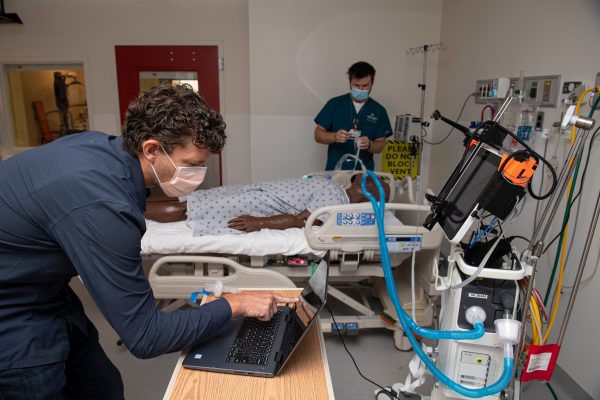
Remote control for COVID-19 patient ventilators
- August 17, 2020
- COVID-19Robotics, Augmented Reality, and Devices
A new robotic system designed by Johns Hopkins researchers may help hospitals preserve protective gear, limit staff exposure to COVID-19, and provide more time for clinical work.
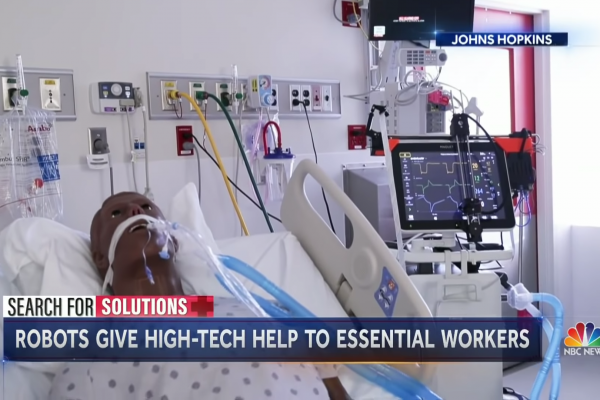
Robots now on the front lines in battle against COVID-19, NBC Nightly News
- August 6, 2020
- COVID-19
John C. Malone Professor Russell Taylor was featured in an NBC Nightly News story on robots that are helping frontline workers during the COVID-19 pandemic.
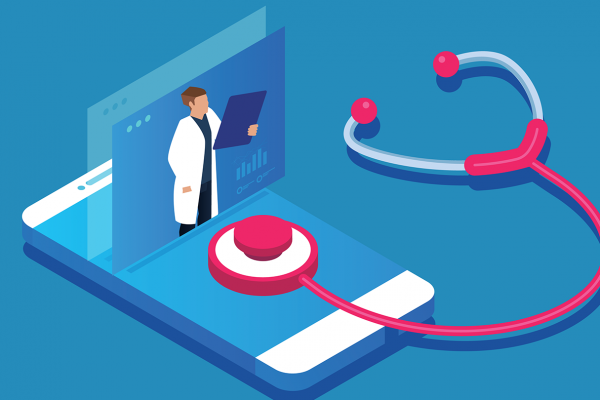
In a world of social distancing, telemedicine is king
- August 5, 2020
- COVID-19Mobile Health
Phillip Phan, a professor of strategy and entrepreneurship at the Carey Business School and member of the Malone Center, discusses the promising developments in telemedicine that may have been sped up by the onset of the coronavirus pandemic
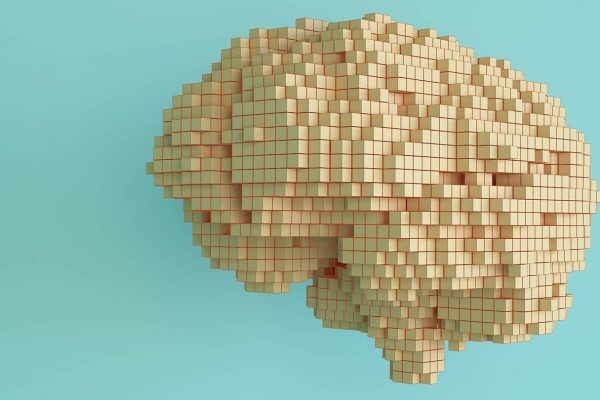
With a little help from AI
- July 21, 2020
- COVID-19Machine Learning and Artificial Intelligence
In a new course offered by computer scientist Mathias Unberath, engineering students design AI systems that integrate seamlessly into human lives.
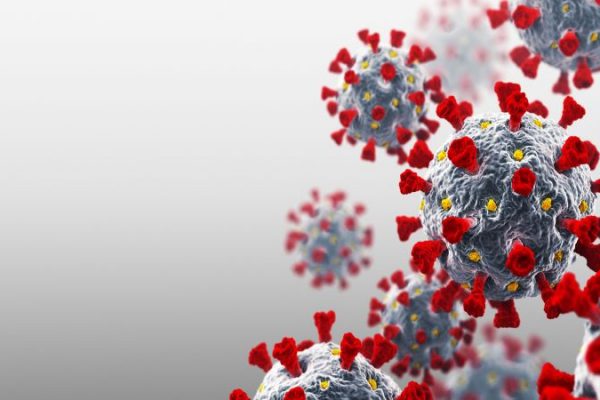
New research confirms higher rates of new coronavirus in Latinx populations
- July 9, 2020
- COVID-19
A study of testing results across Johns Hopkins Medicine testing sites highlights coronavirus racial disparities in the Baltimore-Washington area.
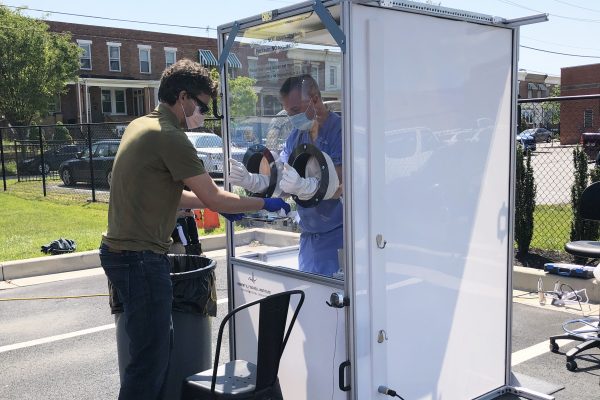
Mobile COVID-19 testing booths keep healthcare providers safe, CBS Baltimore
- June 25, 2020
- COVID-19
Researchers from University of Maryland, Johns Hopkins University, and the Robert Fischell Institute for Biomedical Devices have developed a mobile testing booth that will give healthcare providers the ability to test patients for COVID-19 without risking their own health.